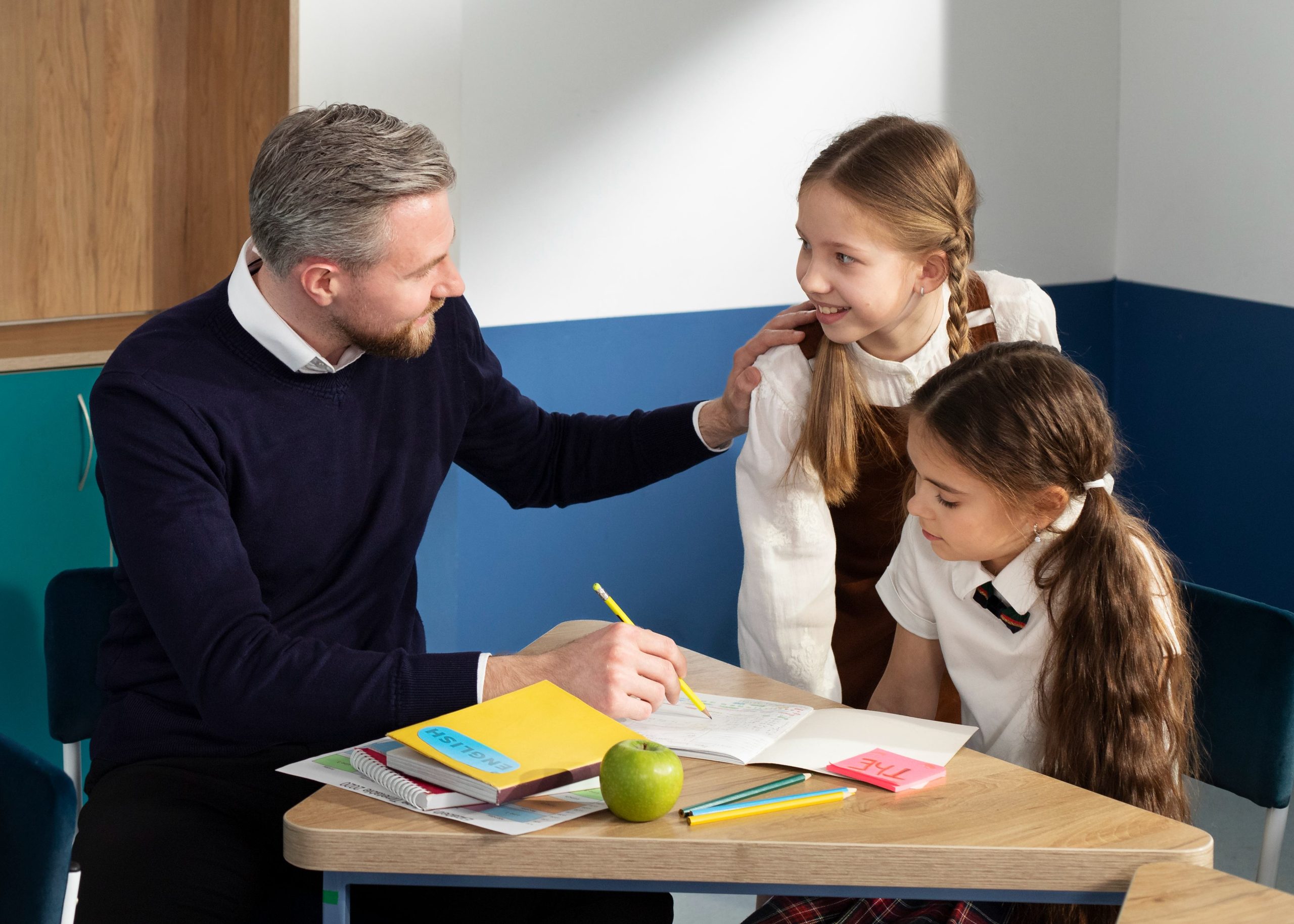
Exploring the Benefits of Field Trips for Preschoolers: Enhancing Social Skills and Building Connections
Field outings can be both enjoyable and educational for toddlers, offering a break from routine and opportunities to strengthen various skills, including social skills. Preschoolers thrive on new experiences, and field trips provide ample opportunities for them to engage with others, explore new environments, and learn through hands-on activities. In this essay, we will examine the benefits of field trips for preschoolers in enhancing social skills.
Understanding the Importance of Social Skills Development in Preschoolers
Social skills development is crucial in early childhood, particularly during the preschool years. Toddlers are learning to interact with others, communicate effectively, and form meaningful relationships, which are essential for their future success.
Improving Communication Skills
Field trips allow toddlers to interact with individuals beyond their usual social circle, such as classmates or family members. They can practice conversing with unfamiliar people and expressing themselves more effectively. For example, during a zoo visit, toddlers can ask questions to zookeepers, listen to their responses, and engage in discussions, thereby enhancing their vocabulary, sentence structure, and verbal skills.
Toddlers can also express themselves creatively on field trips through storytelling, role-playing, or show-and-tell activities, fostering confidence, self-esteem, and emotional intelligence.
Fostering Teamwork and Collaboration
Field trips provide opportunities for toddlers to learn teamwork and cooperative skills. For instance, when visiting a museum, preschoolers may collaborate in groups to complete scavenger hunts or solve puzzles, promoting empathy, respect, and trust among them.
Moreover, field trips expose toddlers to inclusiveness and diversity, allowing them to learn about different cultures, customs, and lifestyles. This exposure broadens their perspectives, reduces prejudices, and fosters tolerance and acceptance.
Encouraging Independence and Responsibility
Field trips offer preschoolers opportunities to learn independence and responsibility by following instructions, adhering to rules, and taking care of themselves and their environment. For instance, during a park visit, toddlers may learn to clean up litter, stay within designated areas, and appreciate nature, instilling a sense of ownership, accountability, and environmental awareness.
Additionally, field trips promote decision-making and problem-solving skills as preschoolers navigate through various situations and obstacles. For example, they may decide which animals to feed at a farm or how to navigate a maze, enhancing resilience, critical thinking, and adaptability.
Fostering Independence and Emotional Regulation through Field Trips
In addition to enhancing social skills, field trips help toddlers develop independence and emotional regulation. By exploring unfamiliar environments, toddlers are encouraged to step out of their comfort zones and gain the confidence to explore and learn independently.
Field trips also provide opportunities for preschoolers to develop emotional regulation as they encounter challenging situations and unfamiliar stimuli. By learning to manage their emotions and cope with unexpected circumstances, preschoolers build resilience and emotional intelligence.
Furthermore, field trips stimulate problem-solving skills as preschoolers encounter obstacles and unexpected situations, requiring them to think creatively and critically to find solutions. These experiences enhance both their cognitive abilities and their capacity for quick thinking.
Conclusion
Field trips offer numerous benefits for preschoolers, including the enhancement of social skills, independence, emotional regulation, and problem-solving skills. These experiences provide valuable opportunities for preschoolers to develop essential skills that will benefit them throughout their lives. To provide preschoolers with enriching and enjoyable learning experiences that support their social, emotional, and cognitive development, educators and parents must incorporate field trips into their curricula and activities.
Tips for Planning and Executing a Successful Field Trip
While field trips offer numerous benefits for preschoolers, careful planning and execution are essential to ensure they are safe, engaging, and effective learning experiences. Here are some tips for planning and executing a successful field trip:
- Choose an age-appropriate, safe, and accessible destination for all preschoolers.
- Consider logistics such as transportation, meals, and rest breaks.
- Prepare preschoolers by providing information about the destination, safety rules, and behavioral expectations.
- Encourage preschoolers to ask questions and explore their surroundings.
- Provide hands-on and interactive learning experiences.
- Ensure constant supervision and implement safety measures.
- Debrief after the trip to reinforce learning and encourage reflection.
By following these tips, educators and parents can ensure that field trips are safe, engaging, and effective learning experiences for preschoolers.
Final Thoughts
Field trips offer various benefits for preschoolers, including enhancing their social skills, independence, emotional regulation, and problem-solving abilities. By incorporating field trips into their curriculum and activities, educators and parents can provide preschoolers with meaningful and enjoyable learning experiences that support their overall development.


